Everything you need, at a glance
Our Insights are detailed and well researched. They keep a pulse on what’s happening in the market and allows you to stay ahead of the curve.
Sign up to our newsletter to get exclusive insights and never miss an article.

Raphaël started his career at Bain and later founded his own company. With Movemeon he talks about being a founder and freelance consultant.
We spoke to Raphaël Bouzy, who started his career at Bain and later founded his own company. With Movemeon he talks about his career path and experience in being a founder and a freelance consultant.
Let’s start with an elevator pitch of your exciting career so far.
I have over 15 years of International experience in consulting and entrepreneurship. I started as a consultant at Bain in London before moving to Hong Kong where I worked for an international advocacy firm which is one of the most influential financial lobbies in the world. It was quite an interesting time as I was working there during the 2008 global financial crisis when it was extremely hard to influence legislative actions that made necessary changes in the market. After that, I took a short break to travel around the world before moving to Singapore, where I've since been residing for over 10 years.
In Singapore, I joined Control Risks, a firm that focuses on political consulting, crisis management and fraud investigation. I specialised in pre-investment due diligence where the focus was on examining the reputation, track record and political connections of a company, its owners and the senior management, instead of analysing the company’s accounts or carrying out market research. In that way, it was quite different from a typical consulting firm.
After that, I founded my own company, Datarama, which was recognised as one of the top 100 most innovative RegTech companies in the world under my leadership. I exited in late 2021.
Currently, as a freelance consultant and advisor, I'm helping long-term clients with business politics, emerging markets strategy, ESG/sustainability, and corporate/digital transformation.
Do you think your experience in consulting was crucial in starting and successfully running your own business?
I wouldn’t say it was crucial, but it was definitely useful. There is really nothing that can prepare you to run your own company. As a founder, you'll be working on multiple things at the same time which are completely different, for example, you'll be preparing presentations for fundraising, while reviewing CVs for hiring and building the team, as well as wearing an accountant's hat to keep an eye on the numbers!
Consulting essentially develops your adapting skills. Often you have to solve problems in an area that you hardly have any knowledge about and hence are forced to learn things faster. In that sense, consulting experience was very useful. But at the end of the day, if you are a consultant and you want to be an entrepreneur, it's quite a big jump.
How did you get into freelancing / independent advisory? What advice would you give to consultants who are keen to do freelance work?
When I founded my company, I had to work 80 - 90 hours a week sometimes and therefore didn’t have the time or energy to do freelance work. I waited until I exited my startup to start working as a freelancer. It has been great so far, offering me a lot of freedom to travel and work.
If you are considering working as a freelance consultant, ideally you'll already have some potential clients, maybe you've worked with some in the past and have maintained solid relationships. These are clients who offer you a project because they personally know that you can get it done, not really because you worked in a big firm. If you don’t know at least 4 or 5 such clients and don’t have decent personal connections, it's going to be challenging getting started. So my advice is to curate and maintain relationships for the long term while you are still in consulting.
From your experience, how does Singapore or the broader APAC market differ from the European market?
It really depends upon the industry that you work in. In general, Singapore has a lower unemployment rate when compared to countries like Spain or France.
At the moment, it's a bit hard to relocate to Singapore as securing a visa has become difficult. If you are working in a large consultancy or a tech firm that has an office in Singapore, then your move is going to be smooth. I've found when compared to Singapore, Hong Kong is much easier to move in and find a job, as there is a big demand for brains these days.
How did you find your experience with Movemeon - Do you have any tips for other candidates that are currently looking for a new opportunity?
Movemeon is by far the best experience I had with any recruitment company, platform or jobs-related organisation. The thing that sets them apart is that they listen and actually care about you, keeping you informed throughout. Combined with the platform that automates job alerts and gives access to worldwide opportunities, it's a really powerful proposition.
My advice to candidates is to not hesitate to create a line of communication with the Movemeon Success team.
Are you currently looking for a new job?
Then join Movemeon and find your next opportunity!

Regina talks about her time in consulting and why she decided to run her own business 'Wild Women Underwear' after five years at BCG.
We spoke to Regina Schönberger, who founded her own business 'wild woman underwear'. With Movmeon she talks about her time in consulting and why she decided to run her own business after more than five years at BCG.
Let's start with your journey into consulting. How did you end up starting your career at Boston Consulting Group, one of the largest and most well-known consultancies?
I’m someone who joined management consulting spontaneously - I hadn’t planned it for years, and didn’t do the right internships or study programmes years in advance. In my final year of my master’s, I realised that I didn’t want to stay in academia or join the non-profit sector (I studied Development Studies). Instead, I wanted to join a challenging work environment where I could quickly learn about different industries and frankly, figure out what I really wanted to do. That’s how I started with BCG!
After more than five years at BCG, you started your own business, 'wild woman underwear'. Was self-employment always your dream or how did this step come about? In retrospect, would you have preferred to take this step earlier?
Deep down I had known for years that I wanted to run my own business, but I didn’t think I was “ready”. While I enjoyed my time at BCG, I also quickly realised that I needed a lot more flexibility and responsibility. I wanted to be the one to call the shots, or better, I didn’t want to align myself with my project leaders and partners about every step of the way. Also, I realised that I couldn’t work on the topics I was really passionate about, so it was time for me to take the next step.
I believe that everything happens at the right time. Of course, I could have started the business earlier, I was ready in terms of my skills and knowledge. But I didn’t feel ready mentally and that’s a crucial part of getting started and keeping at it.
Would you say that your time and especially the experience you have gained in consulting over the years are helpful for you as a founder of your own company?
Definitely. My work at BCG taught me to solve problems relentlessly, to literally not give up and find a solution no matter what. And that’s something I do on a daily basis in my own business. Consulting is an excellent school for diligence, precision and communication. I couldn’t have wished for a better foundation.
What do you think were the most important lessons you learned during your time in consulting that you now benefit from?
- There is always a solution. As a consultant, I used to be irritated by partners who would push you to deliver a solution no matter how difficult it was to get the data or convince the client. It stressed me out that “this is not possible” was not accepted as an answer. But eventually, I got it and I understood the beauty of the approach of always finding a way to resolve a challenge (even if that means to caveat the solution by adding a bunch of footnotes, it’s better than nothing.. ;))
- Communication is key. In the beginning, I would never understand why we’d have to add another call-out box or yet some highlighting feature to underline the key information. But throughout the years, I realised that communicating your message well and highlighting what your audience might be concerned about will win them over. It’s super critical to tell a story in a comprehensible way, whether it’s a CEO of a major corporation or a potential customer.
- Structure is king. I still use the same format and logic for naming my documents even though I felt that it was pedantic at first. But having a structure is incredibly helpful to stay on top of everything. And it starts with something small as knowing which document has the right information. It also applies to so many other areas of running a business, for example, using tools to run your workstreams efficiently, implementing regular check-ins to ensure steady progress, sending out follow-up emails after any conversation, etc. Again, consulting is a great way to learn these basics in a way that they become a part of how you think and do anything.
What advice would you give to other consultants who also consider starting their own business?
If you know what industry you might be working in with your business, try to focus on that industry during your years in consulting. Beyond the basics of consulting, it is quite helpful to know some of the industry specifics and leverage them once you’re on your own.
While I do believe that everything happens at the right time, I also think that starting a business is a major life altering experience that might be easier to digest earlier in your consulting career. Once you’ve reached a certain point in your career, you might feel too intimidated to give up on all the comfort of a steady salary and lucrative benefits.
Lastly, don’t stress, you’ll find a solution for pretty much anything that comes your way.

Access our global pay and satisfaction insights, backed by over 50,000 data points.
Scroll down to view our market reports from the UK, Europe and Asia-Pacific.
Looking for our 2024 benchmarking data? Follow this link for our latest market insights
Global Pay & Satisfaction Index
Click here to view our Salary & Working hours index
UK Freelance and Interim report
Click here to view our Freelance and Interim Report
German Freelance and Interim report
Click here to view our Freelance and Interim Report
French Freelance and Interim report
Click here to view our Freelance and Interim Report
APAC Freelance and Interim report
Click here to view our Freelance and Interim Report
Interested in becoming a Movemeon member and view all opportunities we have online? Join here!

Max found his new job as Group Corporate Development Manager through Movemeon. He speaks with Movemeon about his career journey.
We spoke to Max Betinski, who recently found his new job through Movemeon and has just started as a Group Corporate Development Manager at Waste Services Group (WSG). He talks about his career through consulting, his original pivot to life on the client side, and now his new role at Australia’s largest integrated provider of SME managed waste services.
It would be great to hear a bit about your career journey!
I’m a strategy and development professional with 10 years of international experience in Europe and Australia. I'm originally from Germany, where I studied business and economics, and joined KPMG Strategy in Frankfurt, where I specialised in advisory and M&A in financial services.
After two and a half years at KPMG I moved to Melbourne, Australia in 2017 where I did some freelance consulting, which was a great way to get up to speed on the Australian market. KPMG then came knocking, and I was happy to rejoin the firm in their Melbourne office, where I was lucky enough to work in advisory and M&A across a number of different industries.
I made my jump out of consulting to client side in mid 2020, when I joined Transurban in their group strategy team. Transurban is an Australian infrastructure and tollroads business with assets around the world and is an ASX top 20 company. This was a terrific opportunity to put my skills and experience to work every day, and I really enjoyed being able to see the impact of what I was doing.
You just started your new job at WSG. What excites you the most about this opportunity?
The Group Corporate Development Manager is a key senior position within Waste Services Group. WSG is Australia’s largest integrated provider of managed services and collections to the SME waste market. The firm was recently acquired by Livingbridge Private Equity, which has further fuelled the business's continued and impressive track record of organic and acquisition-based growth.
I'll be working directly with the CEO and leadership team to drive execution across the business’s key strategic priorities. This includes M&A and planning and driving our organic growth priorities. I'm excited to make a genuine tangible impact on the business's continued growth trajectory, and to develop professionally and take my career to the next level.
In your opinion, how does Movemeon differ from other platforms, agencies, or channels?
The Movemeon platform is very efficient, complemented by great service. However, the thing that sets them apart is the fast response rates. It's so important and helpful to have a responsive team working in the background, particularly in the current market where things are moving so fast and you need to be on the ball!
I worked closely with the Success Team who made the interview and offer process extremely smooth. They helped communicate my expectations of the role and compensation with the client and ensured that the whole process was quick. It only took a month from the application to the job offer, which really impressed me.
What advice would you give other Movemeon members that are thinking about a career change?
Believe in yourself and your skills and follow the process. Also, don’t be shy to ask for support from the Movemeon team. They'll do their best to help you find and then land your new job by keeping the wheels turning in the background and providing expert advice.
Are you keen to join our community of 60,000+ current & former consultants?
Sign up here! It only takes you two minutes.
Click here to see our wide selection of interviews with other candidates who found their jobs through Movemeon.

Save time, money and hassle with tax and reporting obligations. Movemeon & Hnry and combining to offer a simple and effective solution.
We're really excited to announce a new partnership with Hnry to offer automated tax calculations, payments, and lodgments for Movemeon’s network of freelance consultants in Australia and New Zealand.
Movemeon members will be able to use Hnry’s app-based service, powered by a team of qualified accountants, that will take care of all the financial admin - including invoicing, expenses, payments, and tax payments - enabling them to get on with the job rather than having to fret about tax and compliance.
“As the world’s home of consulting and strategy talent, Movemeon has seen the popularity of freelance consulting skyrocket over recent years. But working for yourself comes with challenges such as tax and related admin that can be time-consuming and stressful.
So we’re excited to announce a partnership with Hnry, whose platform solves your tax headaches and ensures working as a sole trader has never been easier”.
- Peter Clifton-Smith, General Manager APAC, Movemeon
How Movemeon + Hnry makes your freelancing tax payments effortless
If you’re an ABN / NZBN sole trader, Hnry saves you both time and additional accountant fees - here’s what you get:
- All your taxes calculated and paid automatically as you earn (Income Tax, GST, Medicare levies, and student loan)
- All your are returns lodged by Hnry’s accountants (BAS and Income Tax returns)
- Send unlimited quotes and invoices from the Hnry app
- Raise deductions on the go (snap a photo of your receipt via the app)
- Generate reports your on business’ financial performance
The thing that sets Hnry apart from either accounting software or using traditional accountants is they are the best of both worlds. Hnry is a digital tax accountant and the software smarts all in one solution.
As part of the service, the Hnry team of accountants lodge your income tax return - this includes any earnings from employee salary or various contract income sources, not just projects through Movemeon.
All of this is included in Hnry’s fee which is 1% of your initial payments from your clients, capped at $1500. No need for additional software or accountant fees. Nothing is too complicated for Hnry, even if you have crypto or shares and investment properties that require deductions.
“Most accounting software is just that - software. It requires you to pay for a separate accountant, maintain spreadsheets, and to spend precious time actively reconciling transactions and ‘doing’ taxes. With Hnry, that’s all done for you, and all included in our incredibly low fee.
Hnry is about helping independent earners get on with servicing their clients and growing their businesses, not getting bogged down with tax and financial admin. Given Movemeon’s network and innovative approach to helping freelance and independent consultants find work, we know there is a natural partnership between the two companies”.
- Karan Anand, Managing Director, Hnry Australia
To get started with Hnry and have confidence that you’re always up-to-date on your tax and reporting obligations, head to: https://hnry.com.au/au/movemeon/
Are you thinking about freelancing? Here’s what to think about if you’re considering making the switch.

We spoke with Sidne about how he has come to his new job as Senior Business Development Manager at Lufthansa Innovation Hub in Singapore.
In this interview, we spoke with candidate Sidne about his career path and his new unique role as Senior Business Development Manager at Lufthansa Innovation Hub in Singapore - which he found via Movemeon!
Please tell us a little about your career so far?
I started my career out in China working for an asset management company, following which I co-founded three companies based out of China. I had mixed success with these, but it taught me so much about business development, growing teams and working across the region.
I then returned to Singapore and joined Grab (Asia’s super app!), where I led business development and partnerships, then two years ago I joined foodpanda where I managed key accounts and was responsible for a significant regional P&L.
You just found a new role with the help of Movemeon! What is the new role about and what excites you about the new opportunity?
I’ll be joining Lufthansa Innovation Hub which is the airline’s digital, innovation and venture capital unit. I’ll be helping to build out LIH’s Asia presence from our Singapore and Shanghai hubs, connecting with exciting startups and fostering partnerships in the travel and mobility tech ecosystem. In terms of career growth, this ticks every single box for me - business development, VC, startups, innovation. I’m super excited!
How did you come across the role with LIH?
The Movemeon APAC team reached out to me directly to highlight this role. Initially reading through it, I was intrigued by the name of the company and decided to investigate further, realising that they were not simply an aviation startup, which was my initial assumption. I’m glad I took that step and decided to apply straight away!
In your opinion, how does Movemeon differ from other platforms/agencies/channels?
I believe that traditional recruitment agencies tend to have a “fill the spaces” mentality, where candidates are simply commodities. I’ve genuinely found that from the first point of contact through to receiving the job offer, the Movemeon team has been extremely helpful and highly communicative and responsive. What you see in the space that’s quite common is the Recruiter “ghosting” the candidate at times, which is extremely unprofessional and a big gripe for many in the recruitment process. I have no doubt that should I not have gotten this role, the Movemeon team would have been equally communicative, and only wish to offer other roles that suit my profile.
Seems to me as well that Movemeon connects candidates with jobs that are out of the norm, focusing largely on fast-growing startups that many candidates wouldn’t even have heard of (like in my case). There’s a vast array of companies out there looking for hires, and awareness is everything, in order to match the right candidate to said companies.
What advice would you give to other Movemeon candidates?
I would be clear in the profile setup on exactly what geographies/ salary range/ skillsets you bring to the table, and let their algorithm work naturally. I’m still receiving many interesting job opportunities pushed to my inbox from Movemeon, many of which are intriguing!
Are you ready for a career change? Click here to become a member of the largest community for consultants and alumni.

We speak to Dan Connor, CEO at Migo and ex-Bain, about his career journey and leaving consulting to join a startup.
We spoke to Dan Connor, who recently hired a Chief of Staff and Director of Growth & Business Development for his team through Movemeon, about his career journey. In this article, Dan, CEO at Migo Indonesia and ex-Bain, shares his experience leaving consulting to join a startup.
Tell us a bit about your early career journey, Dan!
After completing my Masters degree in politics, I actually had my eye on joining the State Department. I had a job lined up in the USA, but I decided to put it on hold and take some time out and work in Asia, to get that notch on my belt and broaden my horizons a little.
So I joined Bain in Singapore, expecting it to be a 18-month to 2-year type thing. But I really enjoyed the challenge of consulting, as well as working in Asia, so when I asked to help found Bain’s Jakarta office in 2013, I felt it was an awesome opportunity that I just couldn’t turn down. I was proud to be one of the first five employees for Bain in Indonesia, which I believe is now a team of 70-80 consultants.
So I guess you can say I was really bitten by the Asia bug. I also learned Bahasa Indonesia and some basic Chinese along the way.
What was it about working in Indonesia in particular that really grabbed you?
I think ultimately it was about being able to have the most impact and getting up close to the really fundamental issues. As a consultant in Singapore, we’d often (not always) be helping more mature, stable businesses optimise for performance gains.
Whereas in Indonesia, we were helping our clients grapple with fundamental growth opportunities and the various challenges to navigate. I could really tangibly see and feel the impact we were having, working with really senior decision-makers.
So talk us through the next phase - leaving Bain and joining Migo.
It was in 2018 when I was thinking about my next step out of Bain. I didn’t know exactly what I wanted to do, but I knew that I chafe at existing systems that don’t make sense - much better to help build something new, effective and fit-for-purpose. Not to mention an opportunity to help launch something much bigger, not just doing the optimising and refining thing.
Furthermore, I’d always been more interested in companies that make products and services for the mass market, rather than those which look to target the top 5-10% of consumers.
I had done a bit of work in the telco space while at Bain. Once I heard about Migo and its mission to make a difference to the 90% of Indonesians who have limited internet access, I knew this was a pretty special opportunity.
Migo had done tech trials at that stage, and was ready with the first iteration of our solution, but needed someone to come in as Indonesia CEO to drive our go-to-market and scale the team. So right on three years ago, I joined Migo and have loved being part of this great ride.
Tell us a bit more about Migo?
For the majority of people living in emerging markets, the promise of high-speed internet is a pipe dream. They have limited cellular data budgets and no wireline internet. Their access to data is limited to the most basic functionality. They are not able to participate in the rich data experience of the few who have real-time access to virtually any service at their fingertips.
Migo levels the digital playing field for 3 billion consumers by bringing the best bits of the internet to the corner store. We offer affordable access to Entertainment, Education, Financial Services, and other digital products and services through a disruptive tech solution that delivers data up to 100 times cheaper than existing networks.
What’s the trajectory for Migo from here?
It’s been such a great growth story. In two years we’ve built a team from scratch to 200+ people across 4 offices in the country, and we have 1,200 locations across Java. In April we welcomed our one millionth customer in Indonesia, and we’ve attracted multiple rounds of investment from Temasek and leading VC firms along the way.
We’ll continue to focus on our rollout across Indonesia, while in parallel we are actively looking at other markets in the region where we see huge opportunities for our offering.
What kind of advice would you give to consultants keen to make the jump into a startup?
Bear in mind that startup life isn’t necessarily going to be all about super-intellectual problem solving, every day, like it is in consulting. Ultimately, it’s about getting your hands dirty, grappling with multiple problems and challenges (and opportunities) quickly and efficiently. You will use your consulting toolkit, but you’ll need to make trade-offs and make decisions rapidly.
How did you get to know Movemeon?
I think I first heard about Movemeon through the Bain grapevine. I signed up as I was interested in picking up freelance projects while I was looking around for a new challenge.
It was great to be able to keep an eye on the market for permanent jobs as well as interesting freelance projects. I really liked that I could keep the net super wide across different geographies and role types, but the alerts and jobs highlighted through Movemeon were always relevant, so I wasn’t wasting my time sifting through other channels or platforms.
And we’re thrilled that you’ve recently made some hires through Movemeon!
Yes! I’m happy to have been able to leverage Movemeon to find a great Chief of Staff and Director of Growth & Business Development for my team.
I’ve been super happy about the quality of candidates that Movemeon have been able to connect us with. Movemeon is proving a great partner as we scale: they can obviously support across Asia-Pacific, but the ability to cover both permanent hires and contract resources is particularly helpful.
Thanks, Dan for your time and all the best for continued success at Migo!
At Movemeon, we connect (ex)consultants and freelancers with job opportunities, advice & events.
Register now to view and apply to jobs, for insider advice & networking/industry events.
Recruiting? Contact Movemeon for strategy and management professionals
[hubspot portal="25392842" id="519fa7a4-9f5d-4fc1-9cce-40d189b9a881" type="form"]

Here are five tips on what boutiques can do to make sure candidates look at the long list of benefits that boutiques can provide and apply for their next opportunity.
What can a smaller boutique advisory firm offer to attract and win talent over a major player?
When we ask this question the reasons are usually pretty well known. Work-life balance, opportunities for quick progression, more flexibility and a sense of community.
These are all powerful reasons that boutiques can flaunt in the face of their larger adversaries competing in the race for talent…but are these selling points being marketed in the right way? Are candidates looking at the long list of benefits that boutiques can provide and being swayed enough to apply for their next opportunity?
Here are five hiring tips on what boutiques can do to drive home the point that what they offer is more than just a counterweight to lower base salaries
1. 40-HOUR WORKWEEKS DO NOT REPRESENT GOOD WORK-LIFE BALANCE
Sure - some employees are still clocking in 60 hour weeks, but it doesn’t change the fact that you are in competition with a large, large majority of players that stick to a 40-hour workweek policy. If you’re promising great work-life balance and yet, you’re not doing anything to differentiate yourself from other players, candidates aren’t going to take that point seriously.
There are plenty of things that boutiques can do to differentiate their work-life balance proposition, such as having a half-day on the last day of the month, or adding another 30 minutes to the typical 1-hour lunch break. These are small, but significant benefits that boutiques can market to differentiate themselves.
2. APPLY FLEXIBILITY TO YOUR SALARY MODELS
Boutique firms often mention flexibility as one of their greatest strengths and it also functions as a key selling point. The irony is that the same level of flexibility can’t always be shown when it comes to salaries. More than once, we have heard hiring managers tell us that they simply cannot go above a certain amount, or that their internal pricing scheme dictates that XYZ is how much they can pay.
More so than their larger competitors, boutique firms are better placed to bend their own rules. In a market as candidate-driven as this one, they’re going to have to in order to attract the best talent. However, when base salary is not negotiable, boutiques can add a signing bonus, or a hefty commission 6 months in to make their job offer more competitive.
3. SPECIALISM CAN BE YOUR SELLING POINT
At Movemeon we often hear from candidates how much they value the ability to focus on projects they love and find interesting. This is one of the top things job seekers look for when they consider a new role, along with the aforementioned work-life balance and salary expectations. Sometimes, the pursuit of the right development opportunities might even win over a bigger paycheque.
Candidates who are still exploring their options are likely gravitating towards the more generalist range of opportunities offered by larger firms. On the other hand, boutiques are the places where individuals looking to develop certain skills, or interested in working in a specific sector, can really thrive.
When marketing a role, boutiques should keep in mind that this is a big selling point and emphasise their expertise in their sector/niche. Also, we recommend including an overview of their projects and the clients they work with, highlighting opportunities for progression, development and exposure to senior leadership.
4. STOP LIMITING YOUR CANDIDATES BASED ON INDUSTRY EXPERTISE
Boutique advisories are often experts in a particular field, and it's this unprecedented level of expertise that will give them the edge when competing with the bigger players. As such, they are also well equipped with all of the tools and knowledge to train their talent to become experts themselves. Yet, instead of looking to properly market these aspects, boutiques often expect incoming talent to possess similar capabilities and expertise around the sector. While the best-case scenario is to find someone who already knows what they’re doing, companies are seriously harming their chances at finding great talent by enforcing industry/sector requirements in their search.
A great method would be to have 20-30 minute chats with candidates to gauge why they want to change sectors and why they are interested in the field that the company operates in. Once the interest or passion within the candidates has been confirmed, boutique firms would be better placed to establish a strong training system. This would not only widen the pool at which boutique advisories can draw from, but it would also give them a very enticing and marketable benefit.
5. ELABORATE ON YOUR CULTURE
Boutiques are in a better position when it comes to creating a sense of community in the workplace, due to their size and flexible hierarchy structure. However, it is also true that boutiques will need to work a little bit harder to ensure that their company’s culture and values are conveyed, compared to the well-established brand names of larger companies.
Employees are becoming more and more eager to work for companies that share their own set of beliefs and values, and boutiques are prone to share many of those beliefs and values that candidates are looking for. The key issue is how they are showing it. Simply mentioning that you have ‘a great company culture’ is not showing candidates anything - other than potentially engraving in their mind that you have nothing more concrete to offer benefits-wise. Use the right keywords to better describe your culture. Is it fast-paced? Flexible? Collaborative? Innovative? Fun-loving? If so, give an example of how you promote that aspect of your culture in your benefits.
Recruiting? Contact Movemeon for strategy and management professionals
[hubspot portal="25392842" id="519fa7a4-9f5d-4fc1-9cce-40d189b9a881" type="form"]

Are you ready for a career change? you could be moving from strategy consulting to a start-up? - 12 tips for success.
Strategy consultants may have been faced with this conundrum before - do I really want to stay in consulting or is it time for me to make a fresh start? Or it may be the pandemic that has made you reconsider some of your career choices and you’ve come to the realisation that you are after something more fulfilling.
As part of our broader series on career change, we share with you our 12 top tips to consider to make sure you’re on the right track for success.
Wondering how to start?
Planning a career change can be scary. You probably already have a day job that brings you stability and responsibilities, but you might feel that something is missing from your current role. Changing career sounds like the right thing to do and it’s really quite exciting to think about, but it also feels like you are throwing caution out of the window by starting everything from scratch.
There are so many conflicting emotions involved in this process, along with the number of hurdles that exist when operating a change, whatever that change might be.
This nerve-wracking process can be made easier by looking at our 12 tips for success and systematically going through the reasons, desired outcomes, and various other logistical considerations. You need to take the time to really think of the reasons why you want to change your career as this will help you to keep your motivation afloat in more trying times.
Why do people change careers?
- They have become disillusioned with their work.
- They’ve outgrown their current role and feel like they’re stagnating.
- They feel a disconnect from their personal interests and want to follow their passions.
- They want to be less stressed by their job.
- They feel like they will never be paid enough in their current career.
- They want to find a better work-life balance to spend more time with their families.
- They lack a sense of purpose and want to make a difference in their career.
- They want to fulfil a dream that they were not able to do at the start of their working lives (they maybe lacked the financial security and opportunities to get into the career they wanted, etc.)
- Their current career is becoming redundant following technological and digital transformations.
Movemeon's 12 top tips to change career
- Reflect on your current job satisfaction: build a clear picture of why you want to change.
- Reflect on whether you are dissatisfied with your role or your whole career path: make sure it’s not just the role you want to change.
- Assess your skillset and the skillset required for any potentially interesting jobs: try to build an understanding of any gaps.
- Investigate other options: browse job sites, read articles, make the most of your network and speak with people in the roles you’re interested in or people who have changed careers too.
- Do your research: Make a list of the ins and outs of your chosen career path (what does the role and/or industry look like now? how will it evolve over time?, do you need to start from scratch or can you use transferable skills to start at a less junior position, etc.) and compare them with your personal situation and your broader life goals.
- Make your moves in several small stages: consider upskilling one skill at a time. You can add more moves as your goal becomes clearer and your motivation greater.
- Start researching new options: monitor whether you feel motivated and excited to do this.
- Take your time: try out some different possibilities, almost like a role-play, and try them for a little while to see if that’s actually the right direction for you.
- Find a mentor: As you’re speaking with people, try to ask them for advice and follow-up so that they can guide and support you in your career change.
- Volunteer in your desired path: that’s a fantastic way to see whether the role you’re envisioning is the right choice for you. Register to Movemeon's Pro Bono initiative to volunteer your time with NGOs.
- Make sure you’re clear on money: try to build a clear picture of your financial situation. When you start a career from scratch, you often find yourself with a lower salary at the beginning and sometimes it can take a little while before you secure the right opportunity.
- Commit: if you still feel motivated and excited, the next step is to fully commit to the change. Movemeon can help you to find your perfect next step with opportunities in all industries for strategy and management professionals. Register now to explore live jobs and be notified of relevant opportunities.
Conclusion
Changing careers is as exciting as it is nerve-wracking. There are so many things to consider and prepare for before actually doing the exciting thing of taking the leap. But taking the time to build a clear picture of what your current situation is, what you want to achieve, and what steps you need to take in order to do so will help you properly assess your motivation. With a strong plan and enthusiasm from your research, you will be sure to make the right decision for this important life change.
Movemeon can help you find your next role with over 350 roles in various industries and companies of all sizes, specially dedicated to former strategy and management consultants or equivalent skillsets. Register to explore your new career opportunities.
Curated opportunities, for the leaders of today & tomorrow
Exclusive jobs, projects & data-driven insights to support your career success.
Join your peers & create a free account. Discover roles in under five minutes.


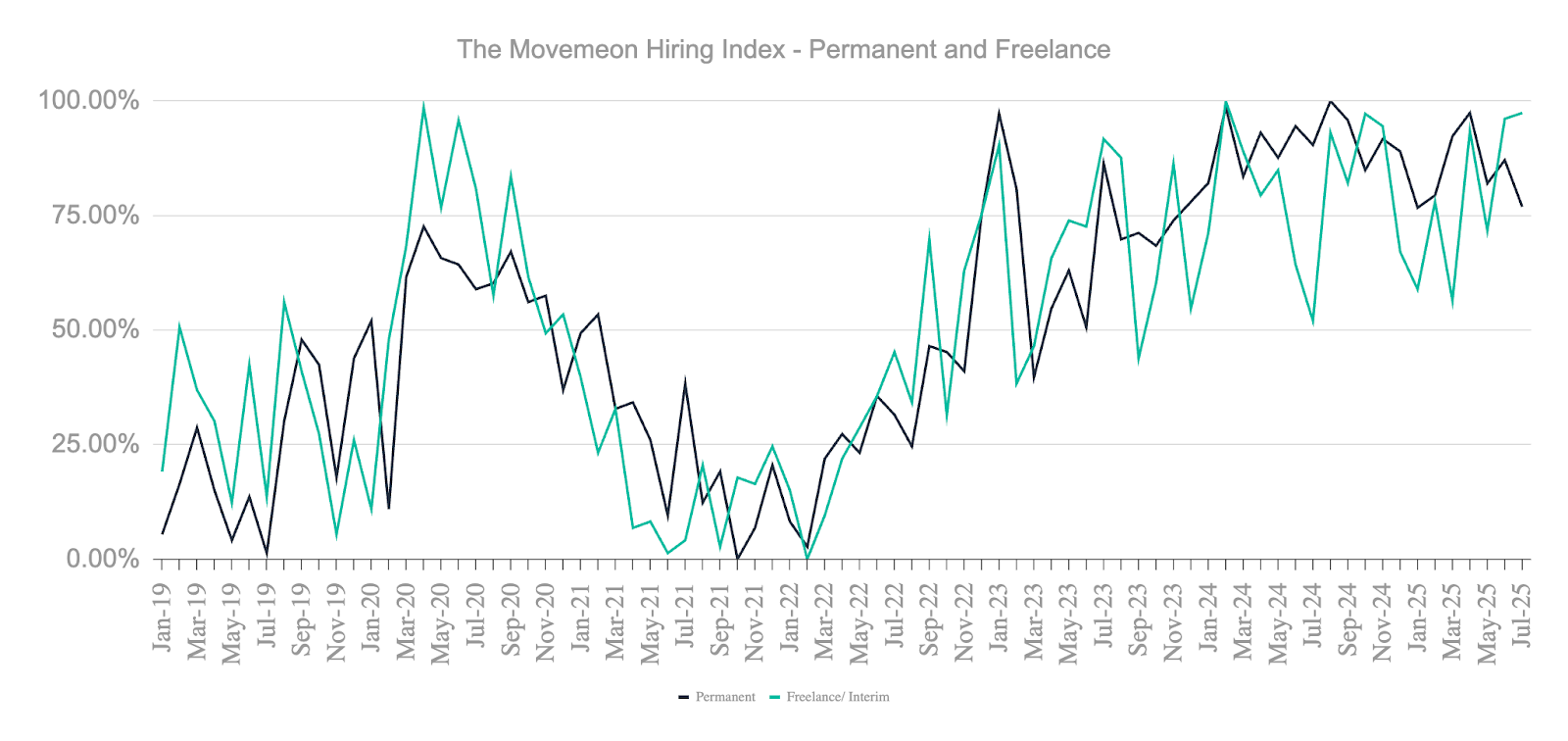


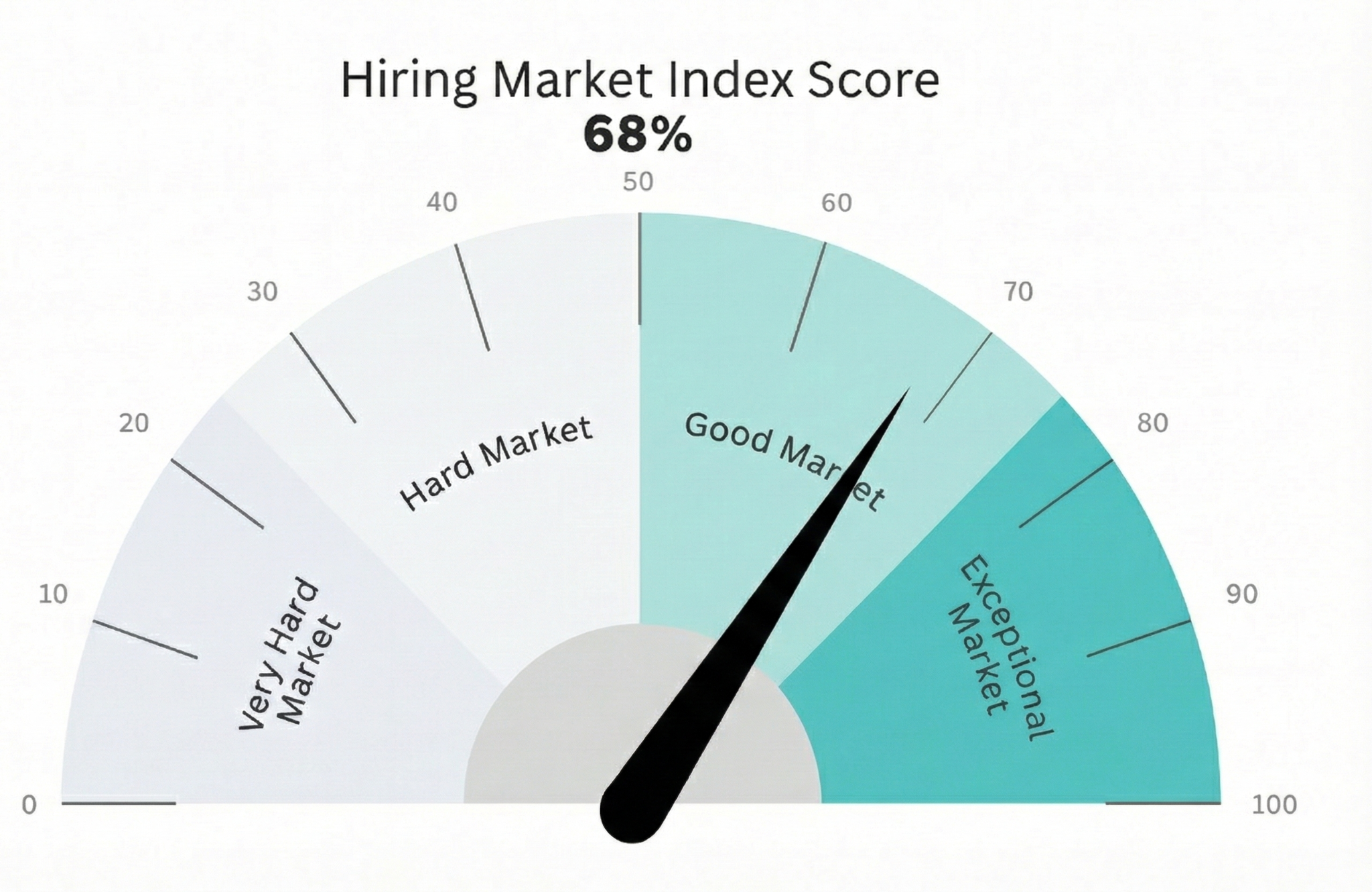
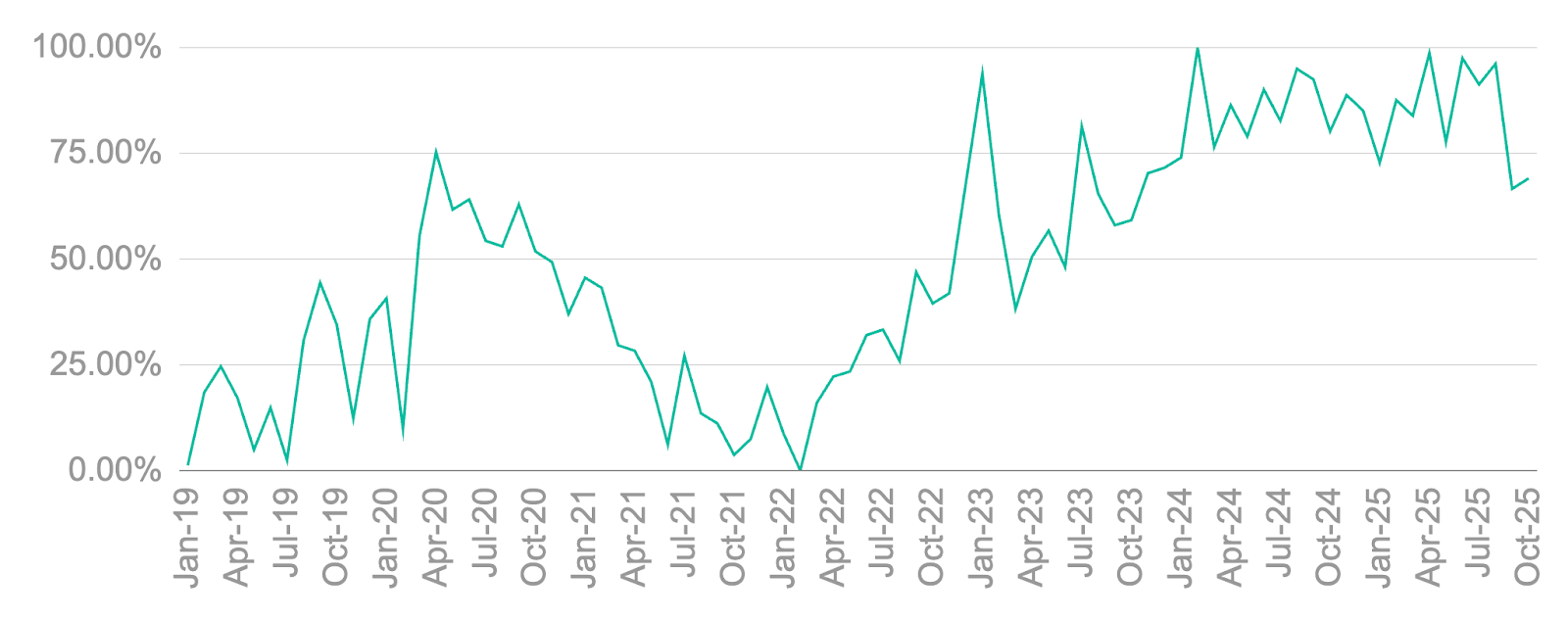
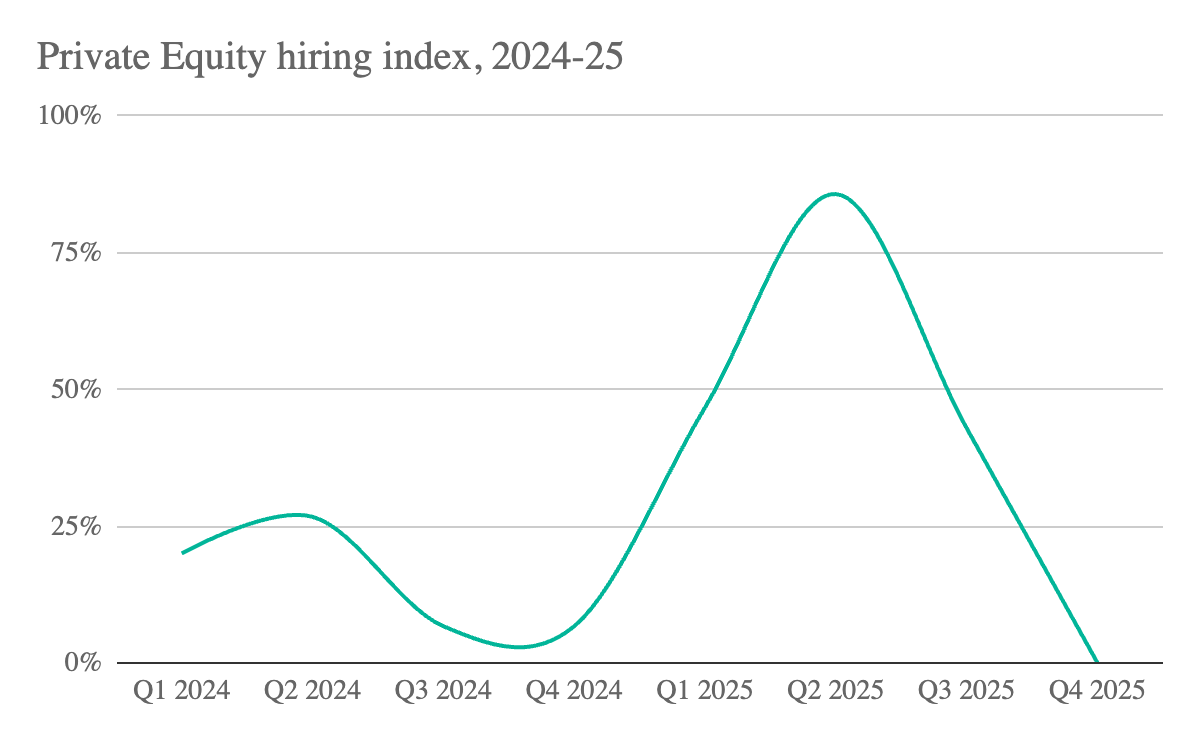
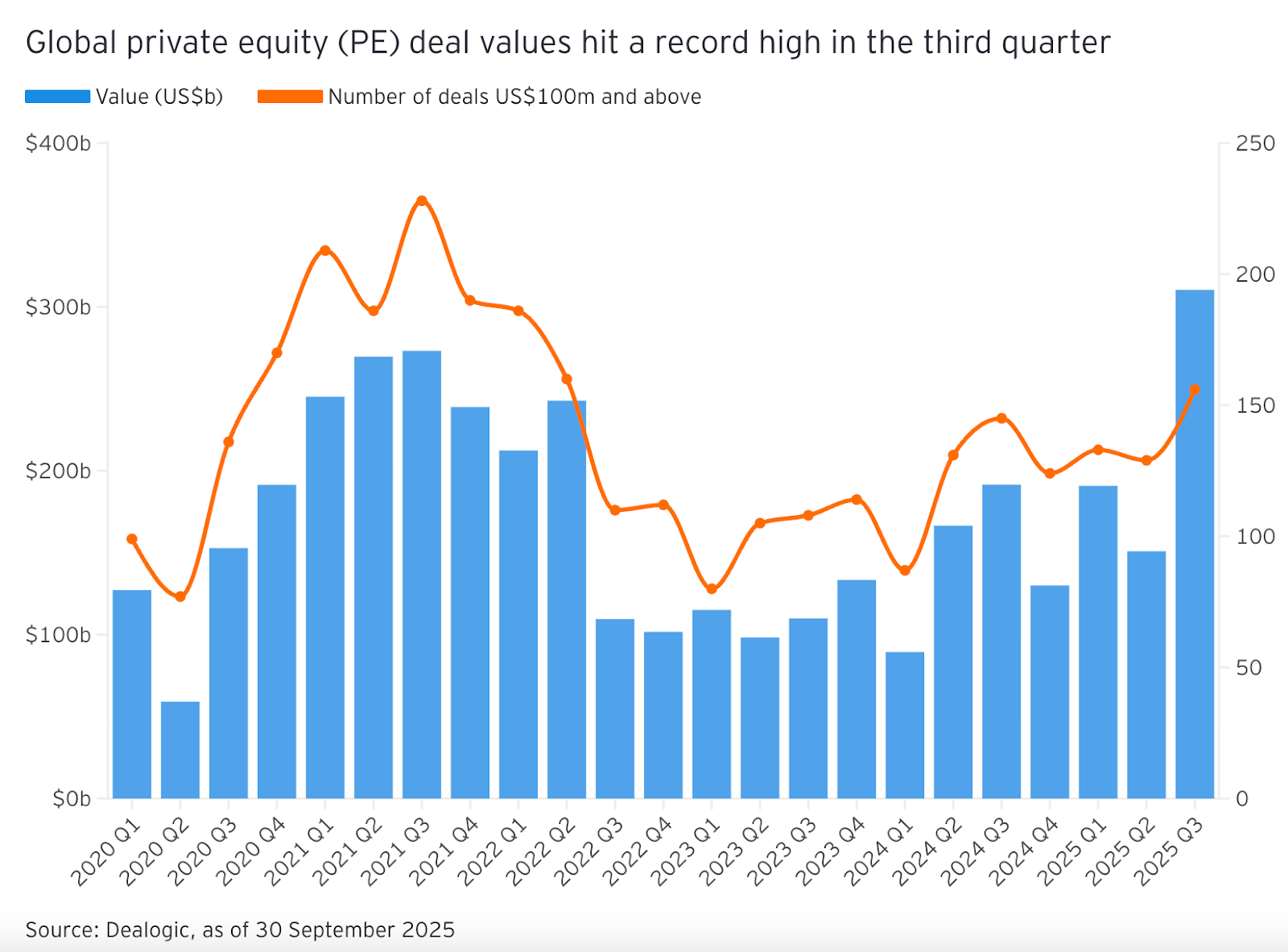
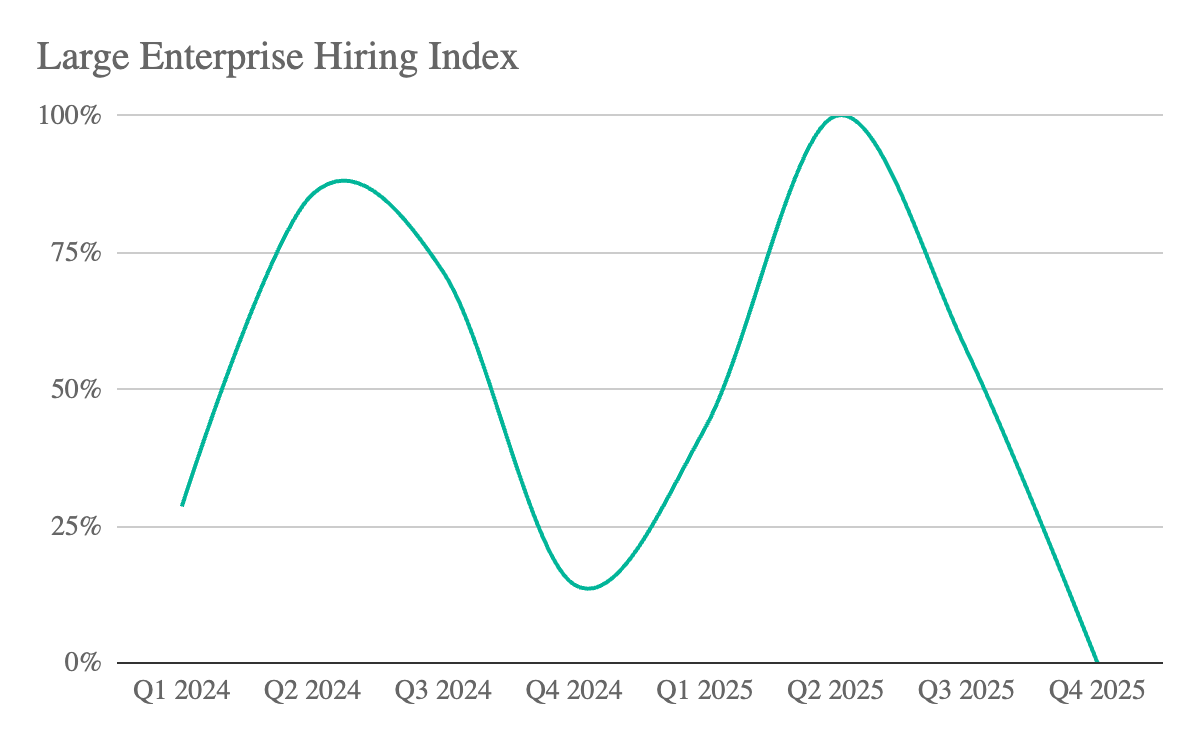
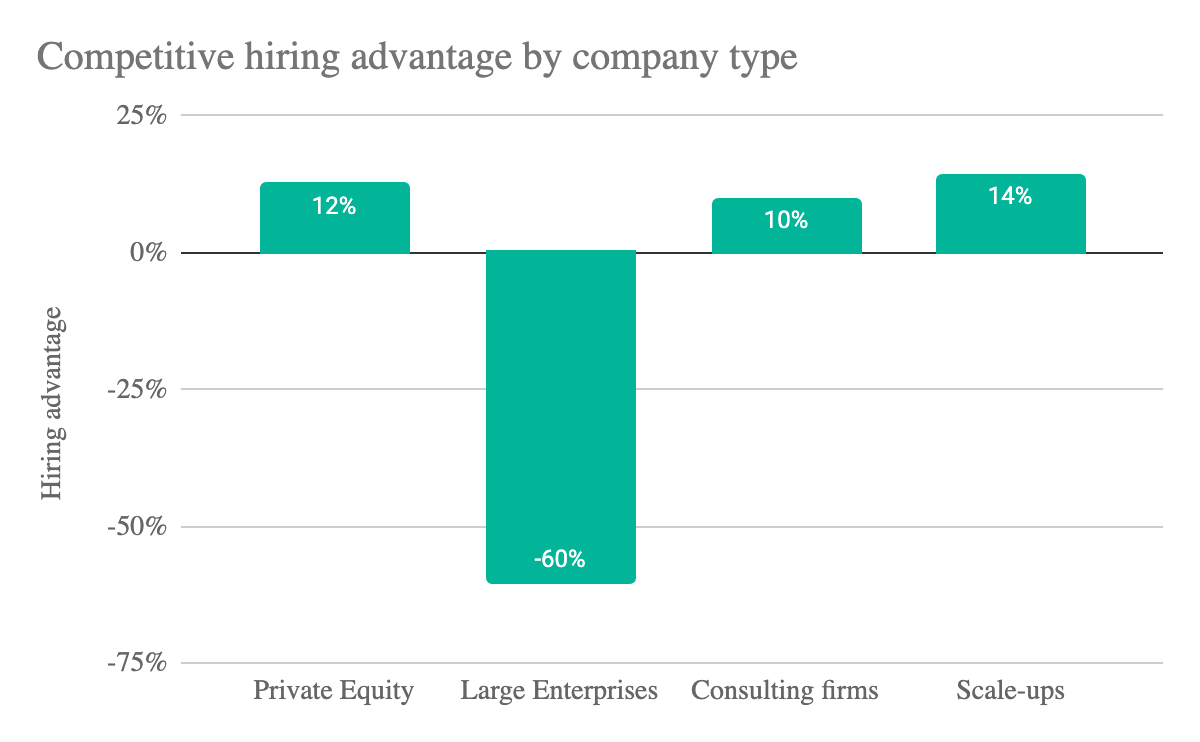
.jpg)

.png)

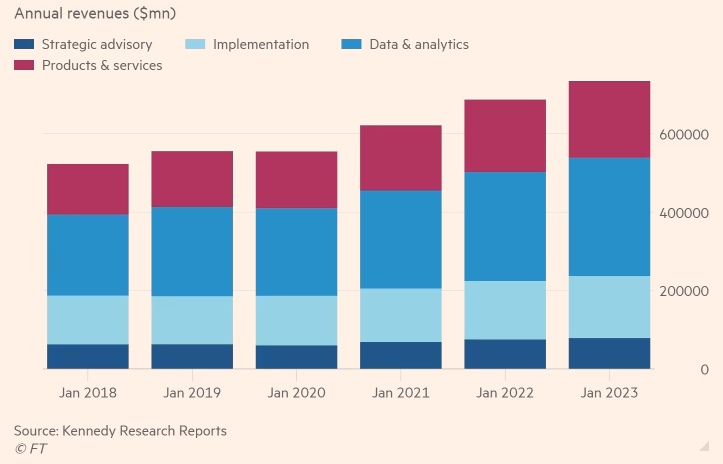
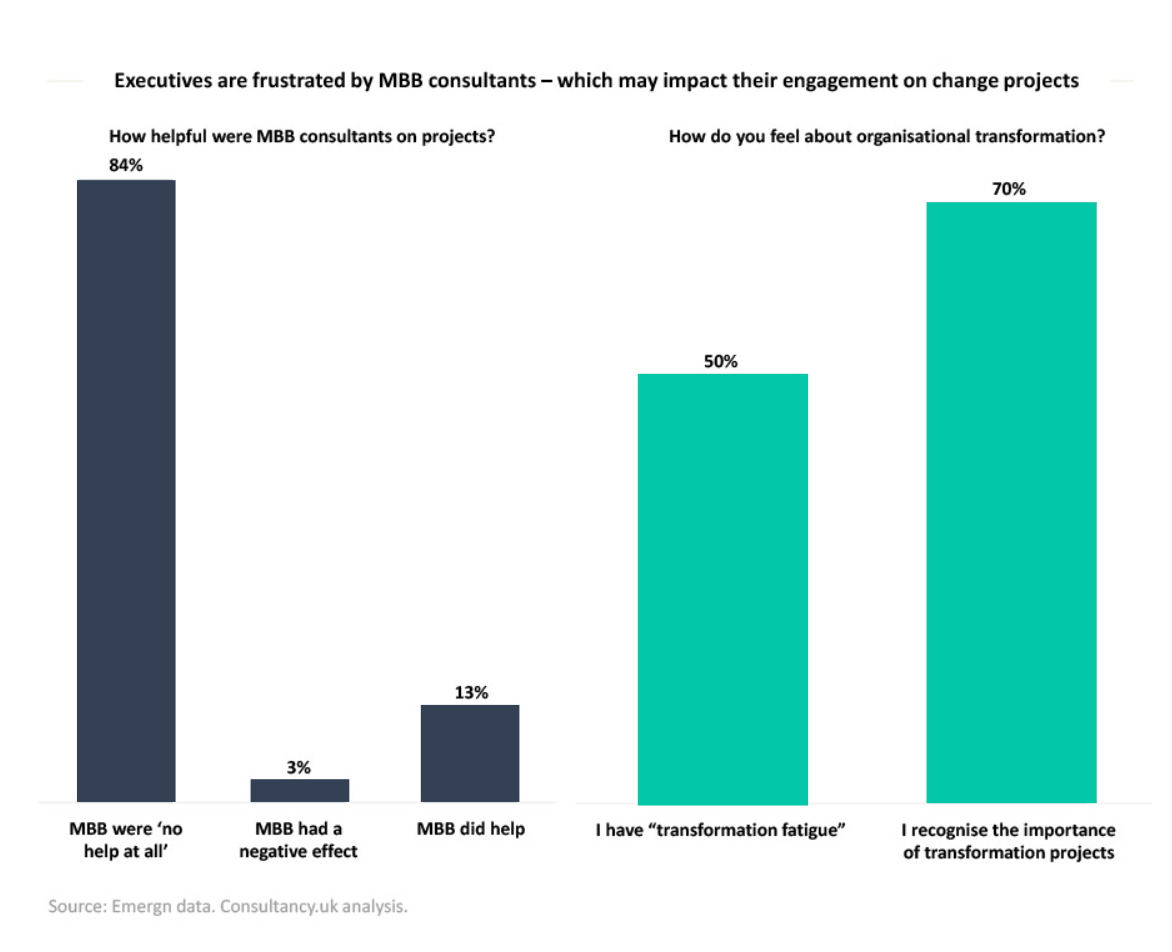
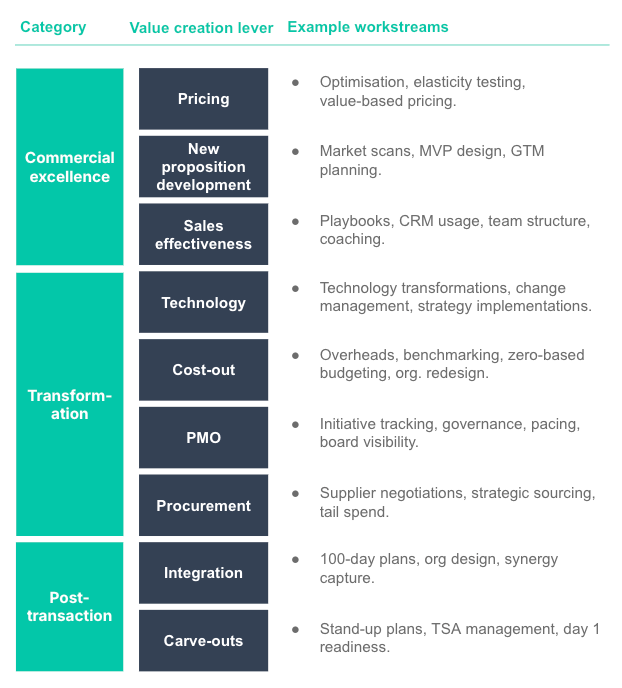

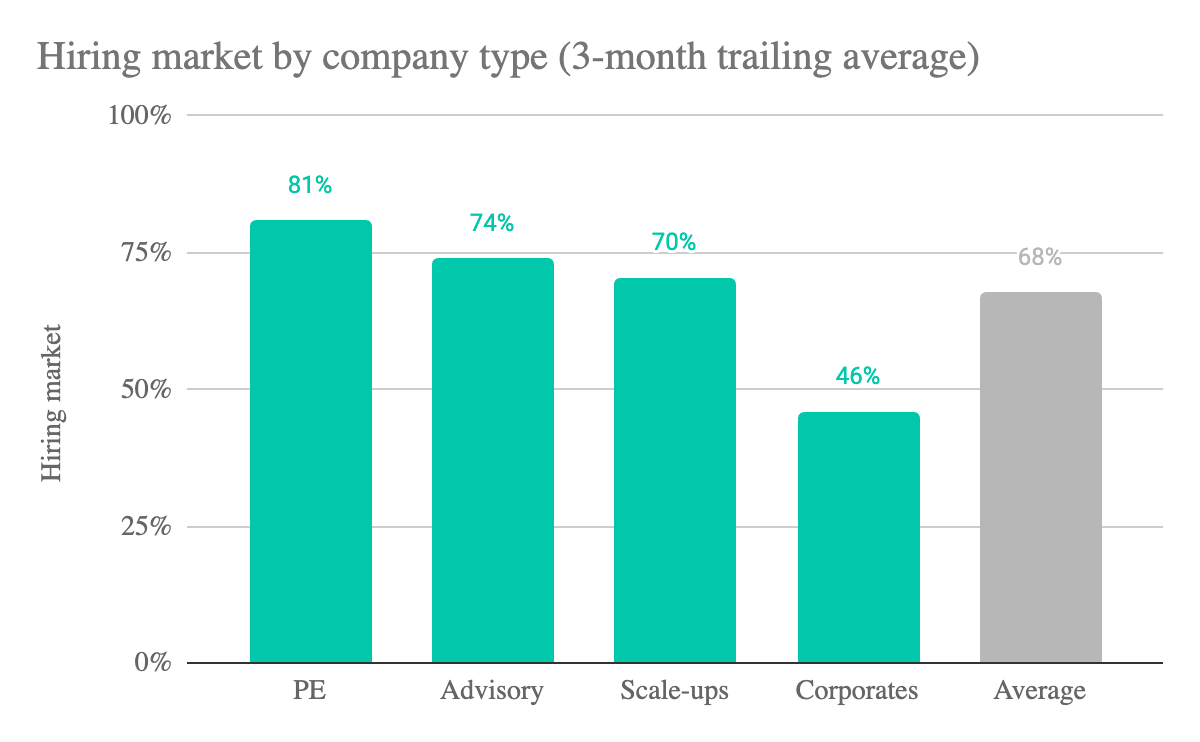
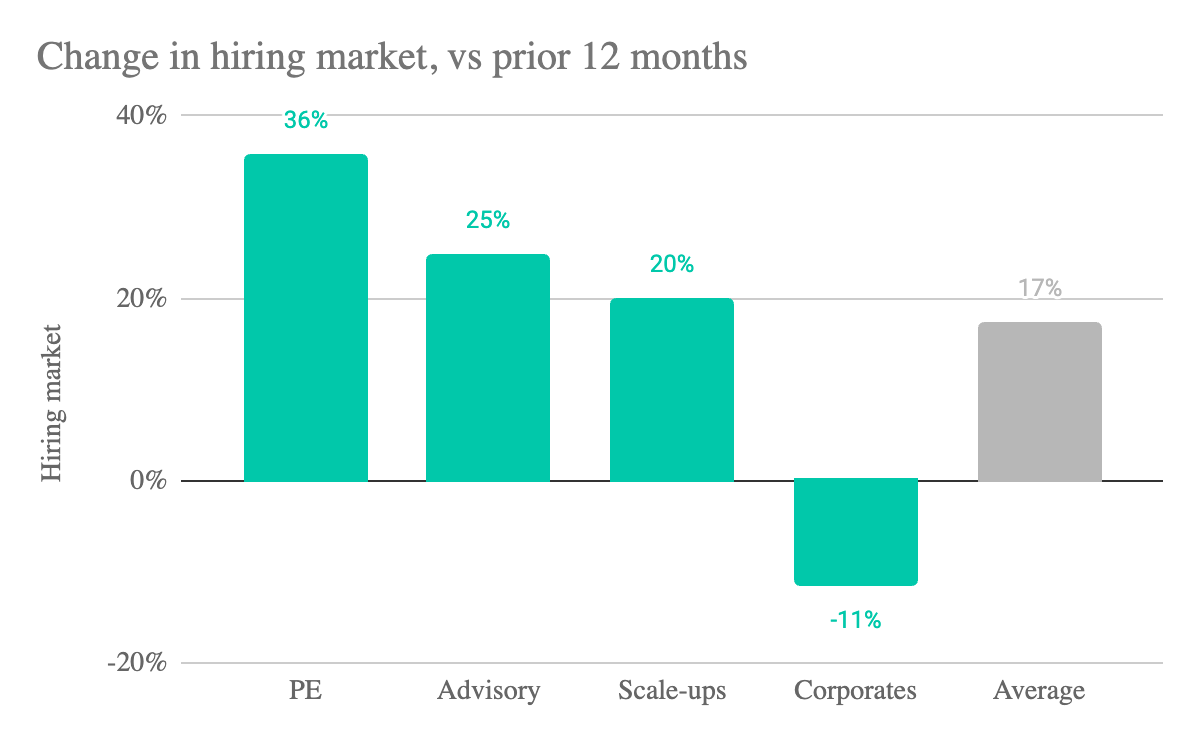


.jpg)
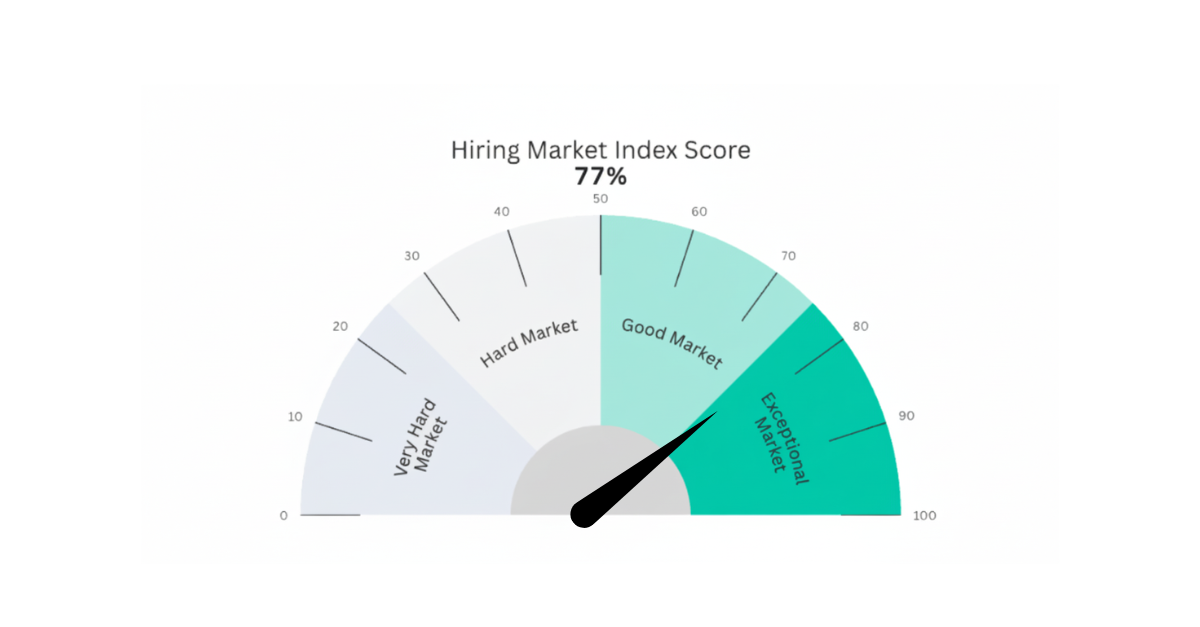
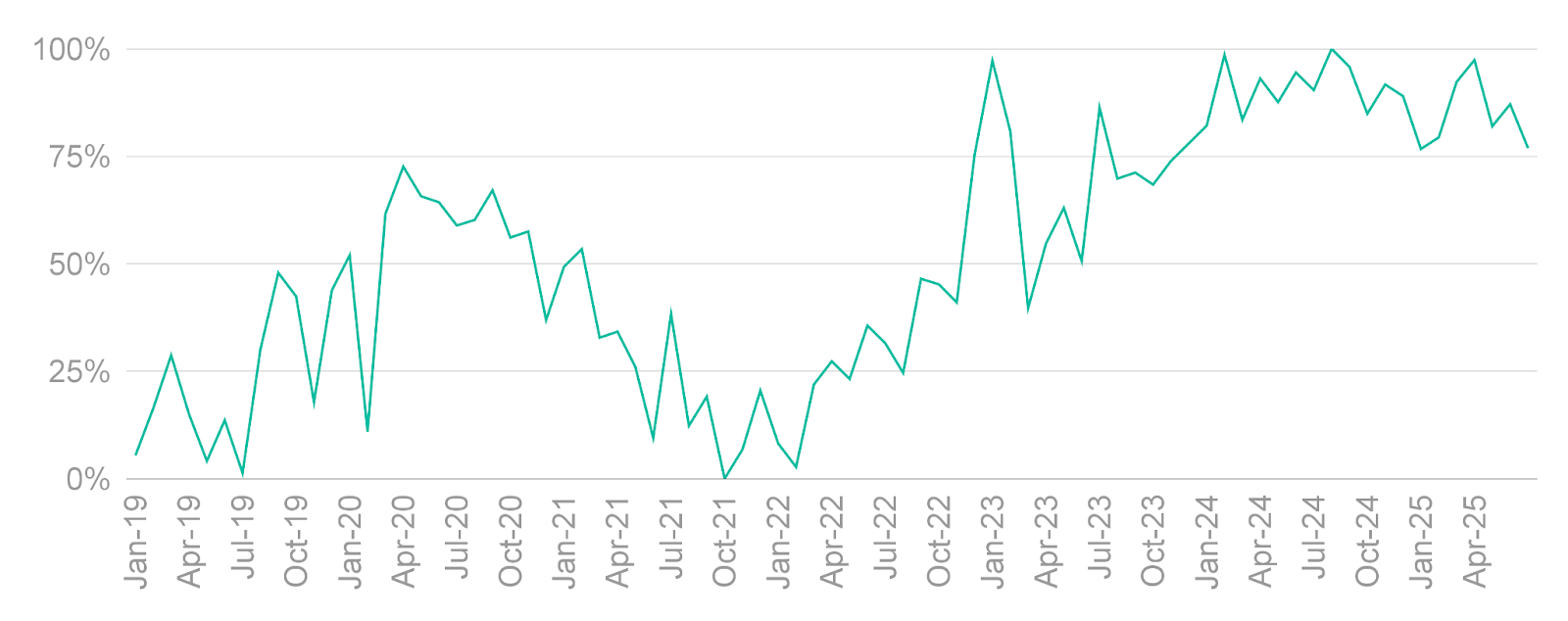
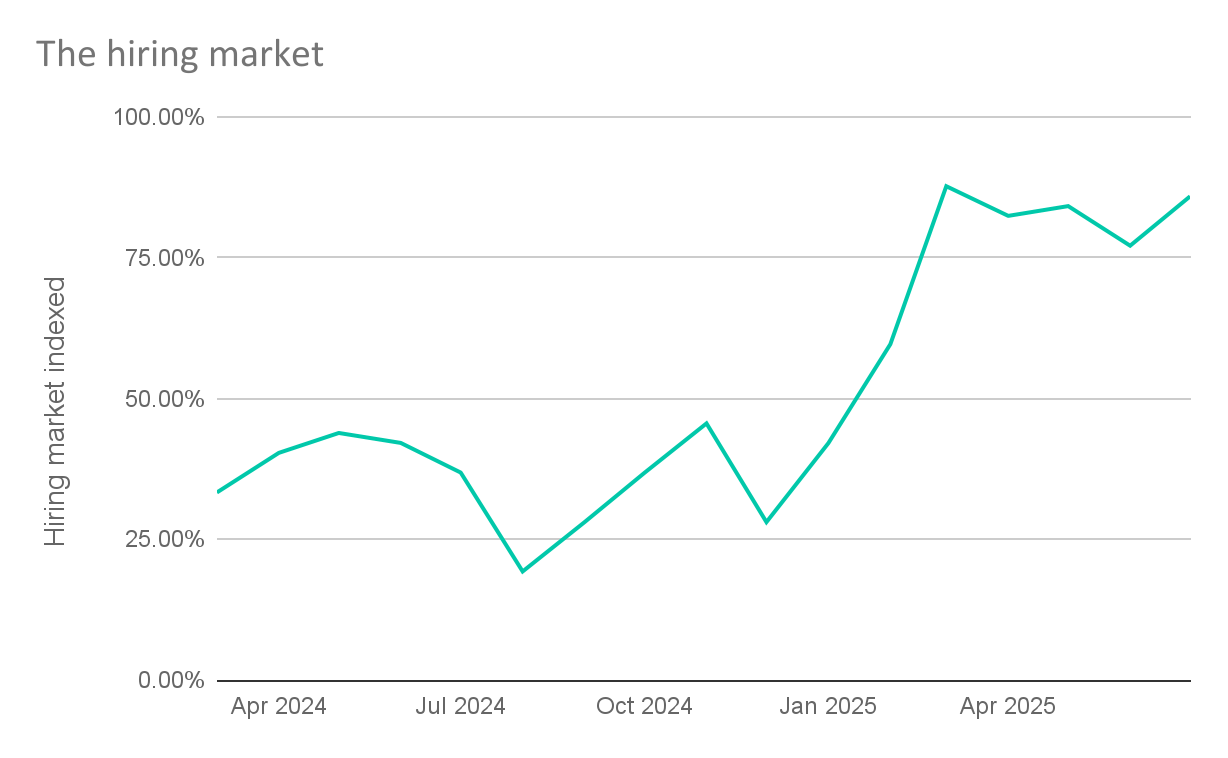



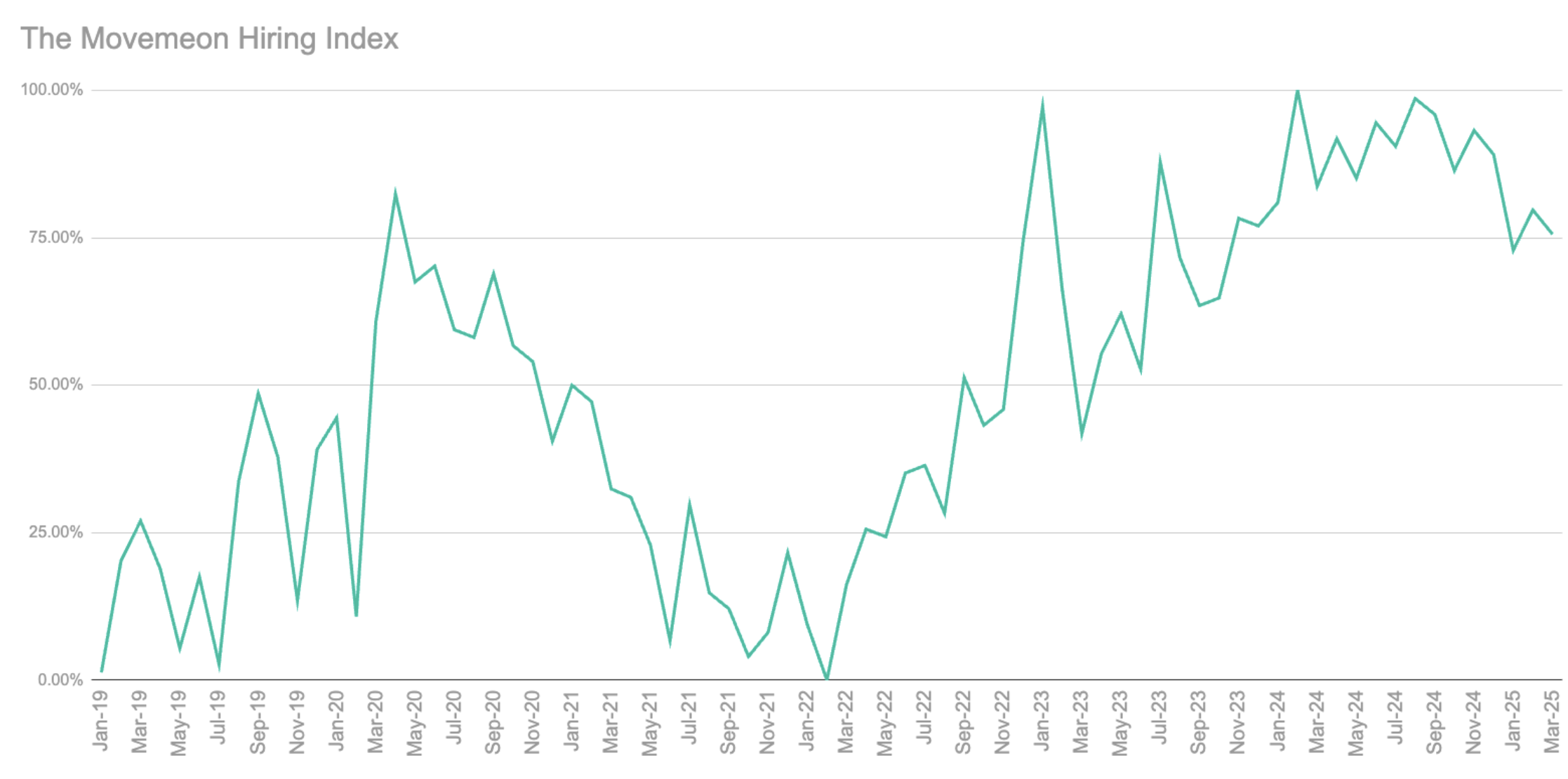







.jpg)

.png)
.png)





















.jpg)

